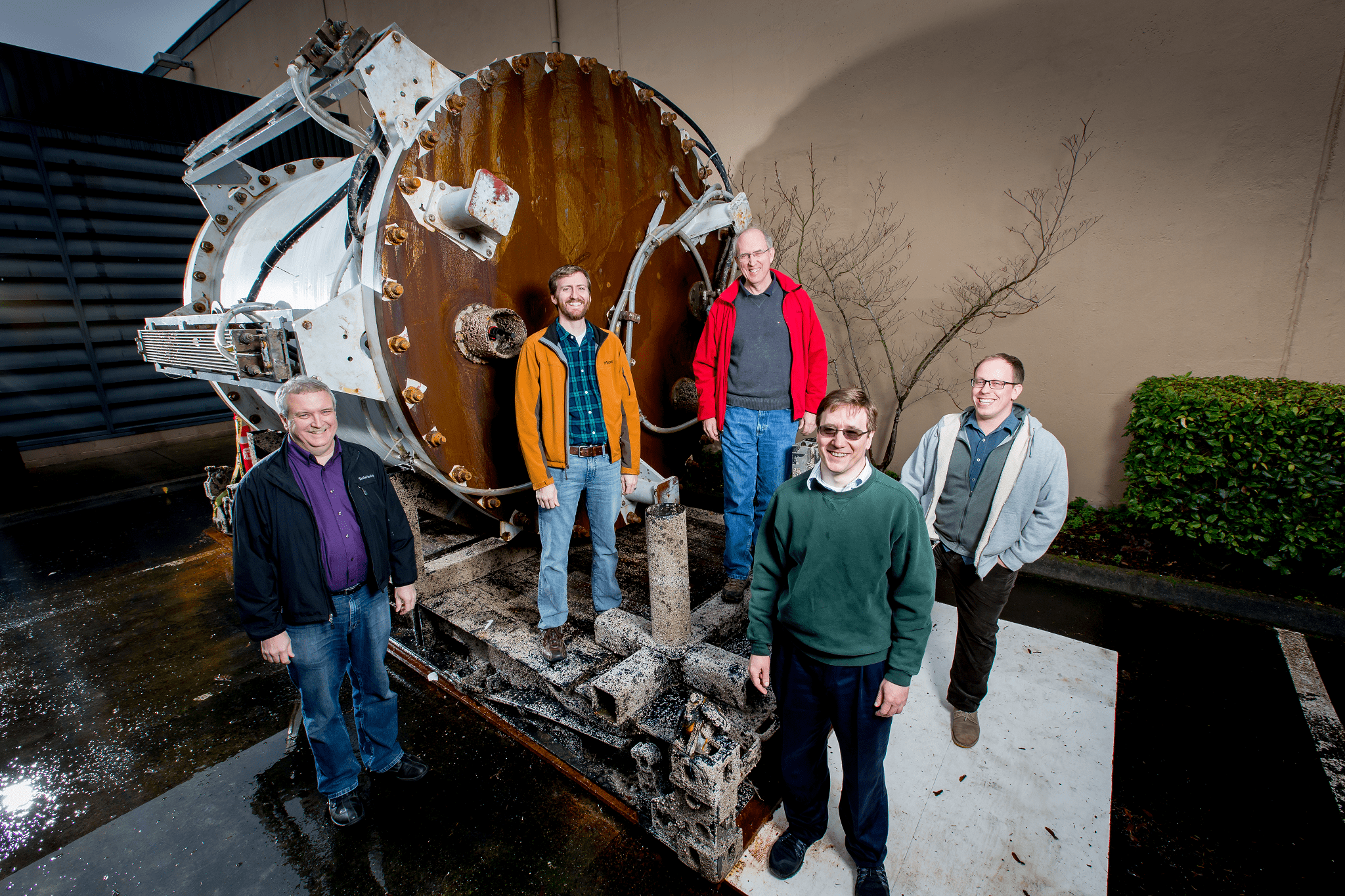Datacenters are facilities that store all of our data, from our Facebook chat history, to our photos. Recently, companies have been trying out the idea of installing datacenters in the ocean. It is a radical idea by today’s standards, but it has its benefits.

Image obtained with thanks from Microsoft.
For example, Facebook set up a datacenter in Lulea, Sweden to mitigate cooling costs with the regions icy cold water, and now Microsoft is considering a similar idea (Project Natick). Datacenter cooling is a verycostly task, requiring either large air conditioners or powerful ventilation systems.
Video Credit: Microsoft Research.
This is largely due to the fact that datacenters are enclosed rooms filled with many heat-generating computers, but why underwater? There are many cold places above ground. The answer to that is: Convection is far more effective in water than it is on land. Plus water has a much higher heat capacity than air (because of this, water has a greater capacity to cool than air does).
Computer rooms in general are cooled using air conditioners upwards of 20,000 BTU. I’ve seen companies use two units that size in a 50 square foot room. Imagine how much Microsoft and Facebook’s datacenters need.
Apart from cooling, there are apparently other reasons to situate a datacenter in the ocean. It can help them to serve coastal areas, improving download/upload speeds. Project Natick’s page said it best: ‘50% of us live near the coast. Why doesn’t our data?’.
Project Natick’s trial is slated to begin next year (possibly in Florida or Northern Europe), and they may couple it with hydroelectric power sources.








